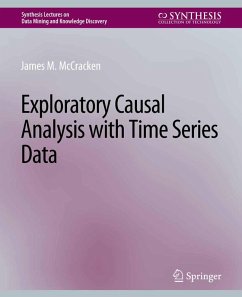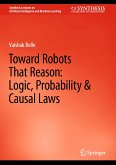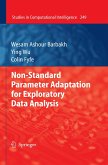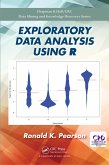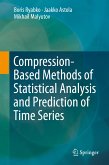Many scientific disciplines rely on observational data of systems for which it is difficult (or impossible) to implement controlled experiments. Data analysis techniques are required for identifying causal information and relationships directly from such observational data. This need has led to the development of many different time series causality approaches and tools including transfer entropy, convergent cross-mapping (CCM), and Granger causality statistics. A practicing analyst can explore the literature to find many proposals for identifying drivers and causal connections in time series data sets. Exploratory causal analysis (ECA) provides a framework for exploring potential causal structures in time series data sets and is characterized by a myopic goal to determine which data series from a given set of series might be seen as the primary driver. In this work, ECA is used on several synthetic and empirical data sets, and it is found that all of the tested time series causality tools agree with each other (and intuitive notions of causality) for many simple systems but can provide conflicting causal inferences for more complicated systems. It is proposed that such disagreements between different time series causality tools during ECA might provide deeper insight into the data than could be found otherwise.
Dieser Download kann aus rechtlichen Gründen nur mit Rechnungsadresse in A, B, BG, CY, CZ, D, DK, EW, E, FIN, F, GR, HR, H, IRL, I, LT, L, LR, M, NL, PL, P, R, S, SLO, SK ausgeliefert werden.

